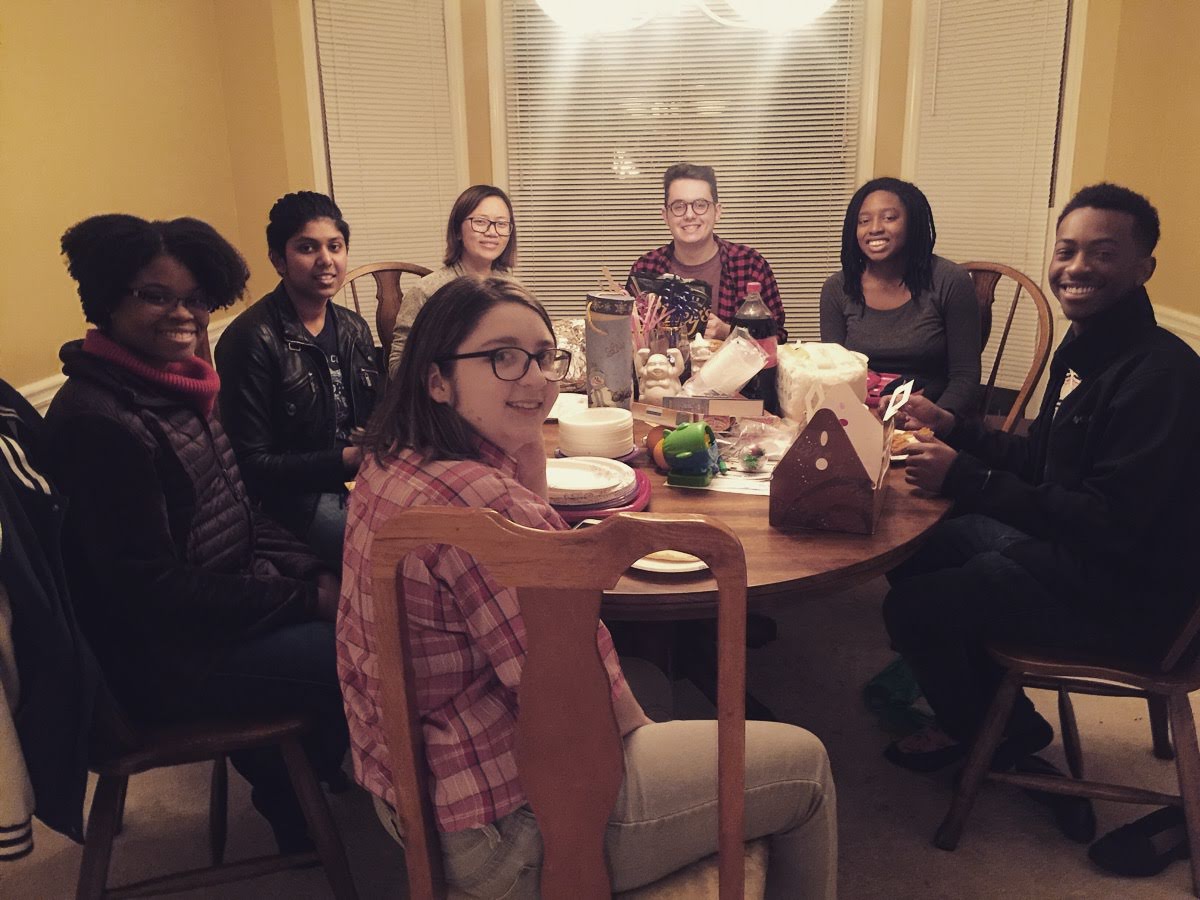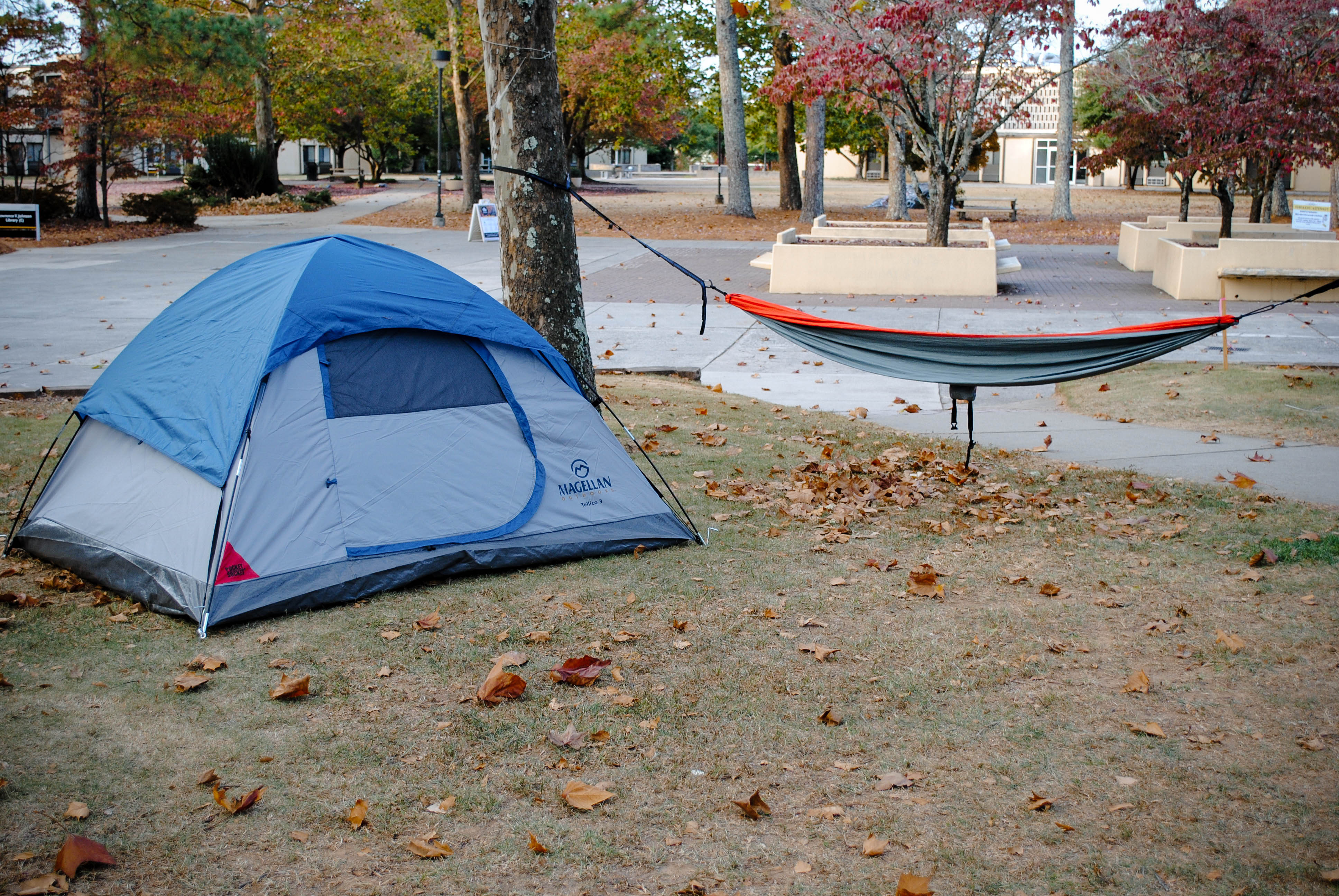Kennesaw State students Jess Osborn and Debbie Caleb wanted to learn American Sign Language on their own but struggled to find the time.
After finding a defunct Owl Life page for a previous ASL club in 2018, they revived the club to learn the language as a community.
The National Institute on Deafness and Other Communication Disorders reports that one in eight people in the United States aged 12 or older have hearing loss in both ears.
Though lip reading may be an effective way to communicate with people, not all deaf people can read lips and its accuracy is questionable.
ASL, a visual language involving hand motions, gestures and facial expressions is a standardized way of communicating for deaf people. The National Center for Health Statistics reports that nearly two million Americans speak ASL and the ASL Club hopes to increase that number.
Club president Jess Osborn wants the club to be a “place to call home for the deaf community.” She believes deaf students need a network of friends and allies beyond KSU’s Student Disability Services in order to thrive on campus.
Earlier this year, the club launched a Change.org petition to add an accredited ASL class to the foreign language program at KSU.
Osborn hopes this addition not only attracts non-deaf students who want to work as interpreters, but also bridges the gap between the hearing majority and the deaf community.
“KSU’s all about inclusiveness so why not have this [class] as a branch towards the deaf community,” Osborn said.
Weekly meetings involve members with varying levels of ASL knowledge learning the language and about deaf culture.
Learning ASL and recognizing the needs of deaf students is one way to create an inclusive environment, according to Osborn. Also, it is a “great way to make friends and build a better community,” Osborn said.
Knowing ASL will look good on any resume, Osborn believes the benefits of learning the language extend beyond professional development.
“Deaf people have to conform to our culture, to our world. We feel that’s completely unfair,” she said.
Deaf people often put in extra effort to communicate with non-deaf people. They also must deal with a society that does not understand deafness.
Being yelled at, ridiculed and dismissed are common experiences for deaf people, but understanding their experiences and perspectives can bridge that gap.
Though making friends is an important part of any club, the purpose of the ASL club goes beyond that.
“Our first priority is to learn the language, to understand where [deaf people] are coming from and their point of view,” Osborn said.
In addition to the petition, the club plans on expanding its community involvement by hosting more events this year. Growing and maintaining the club this year and beyond is an important goal for the club.
“I never want this torch to die out,” Osborn said.
For more information on KSU’s ASL club, visit www.owllife.kennesaw.edu/organization/aslclub.


